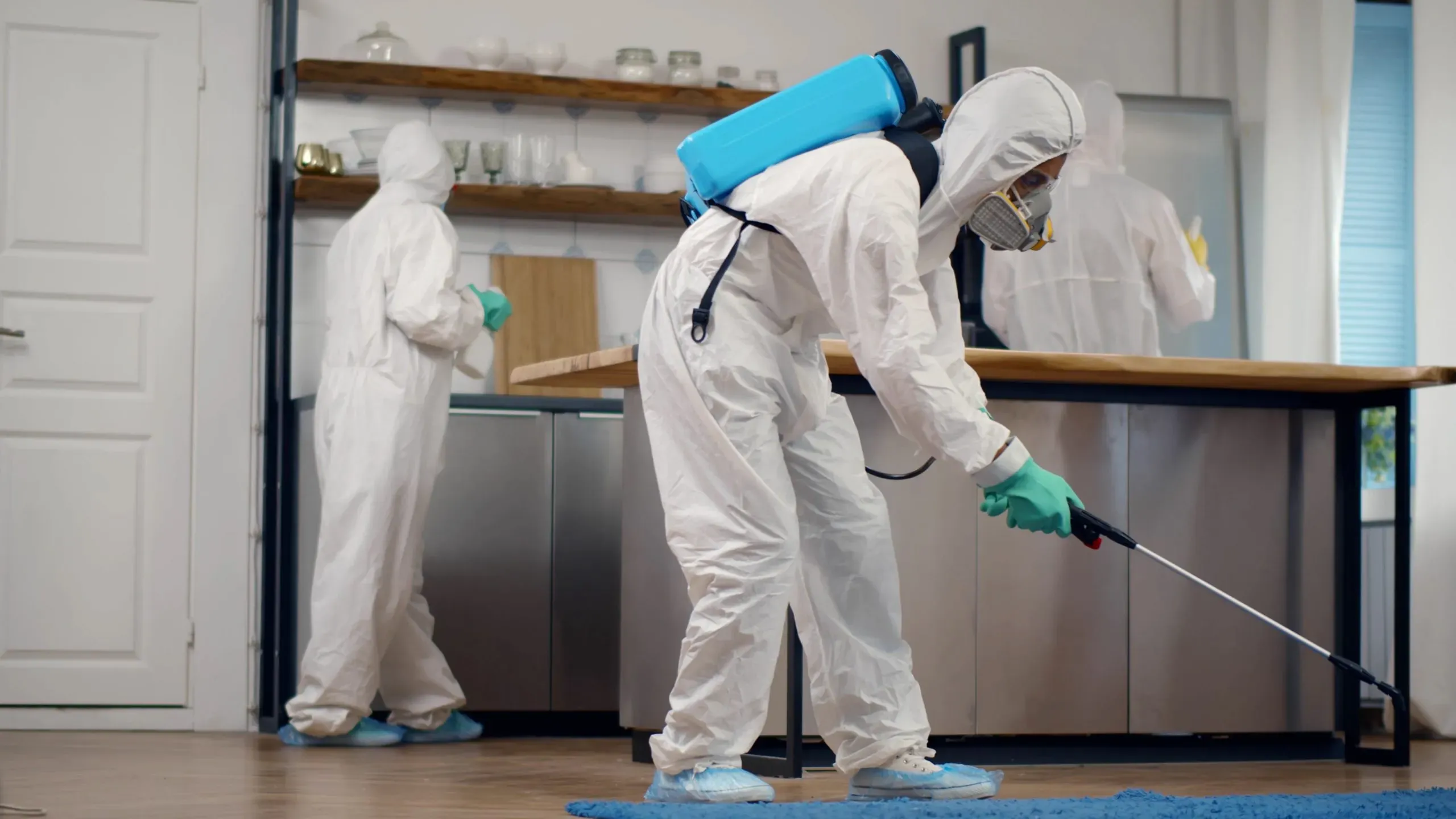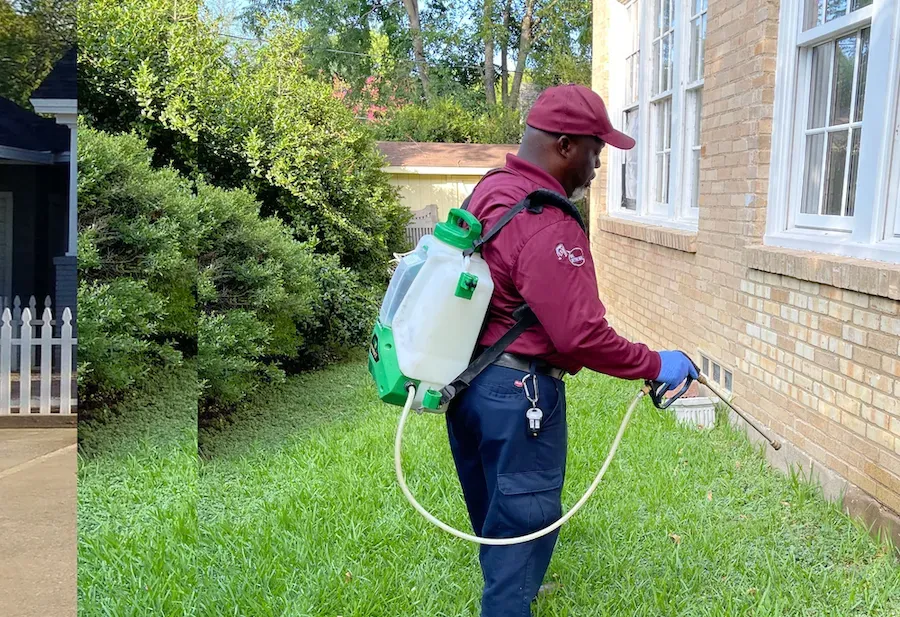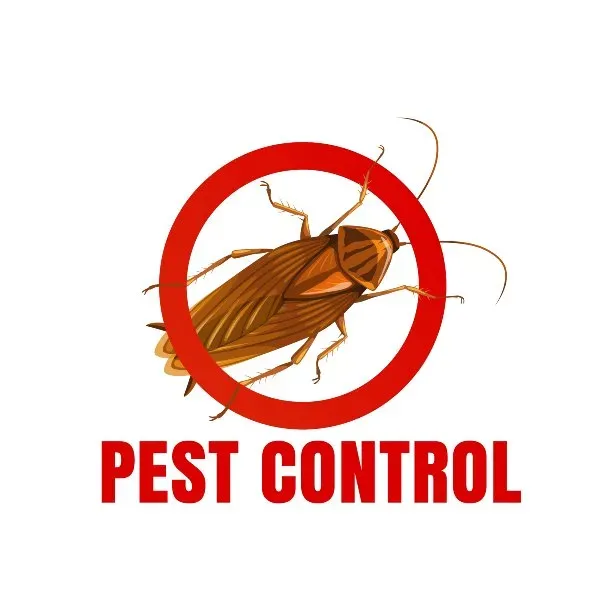Table of Contents
Are you tired of dealing with pesky critters in your home? From rodents to insects, unwanted pests can be a nuisance and even a health hazard. At lilyflower.homes, we understand the importance of maintaining a pest-free living space. That's why we're dedicating this article to exploring the world of Pests control. From understanding what pests control is and why it's crucial, to effective methods for managing pests in your home, and the benefits of professional pests control services, we'll cover it all.

Pests Control
What is Pests Control and Why is it Important

What Is Pests Control And Why Is It Important
Pests control is an essential part of maintaining a healthy and thriving garden, including effective watering lilies techniques. It involves managing and preventing pests, such as insects, rodents, and animals, from causing damage to plants and posing health risks to humans. Pests control is crucial because it helps prevent the spread of diseases, reduces the risk of infestations, and protects the overall well-being of your garden.
Type of Pest | Common Problems Caused | Prevention Methods |
|---|---|---|
Insects (e.g., aphids, whiteflies) | Damaged leaves, reduced plant growth | Use insecticidal soap, neem oil, or introduce beneficial insects |
Slugs and snails | Holes in leaves, stems, and flowers | Use copper tape, crushed eggshells, or beer traps |
Rodents (e.g., mice, rats) | Damage to plants, property, and potential health risks | Use humane traps, seal entry points, and remove food sources |
By understanding the importance of pests control, you can take proactive steps to prevent infestations and protect your garden.
One of the most effective ways to prevent pests is to maintain a healthy garden ecosystem. This includes providing your plants with proper humidity preferences, using organic fertilizers, and encouraging beneficial insects.
- Monitor your plants regularly for signs of pests
- Keep your garden clean and free of debris
- Use physical barriers to prevent pests from reaching your plants
- Encourage beneficial insects, such as ladybugs and lacewings
Effective Methods for Pests Control in Your Home

Effective Methods For Pests Control In Your Home
Pests control in your home is like playing a game of defense in your garden. You need to be alert, strategic, and ready to take action. Whether it's mice, ants, or spiders, these little invaders can turn your cozy home into a battlefield. Let’s examine into some effective methods to keep your home pest-free.
One of the first steps in pests control is to keep your home clean and tidy. Clutter and mess are like a welcome mat for pests. Dust and vacuum regularly, especially in corners, under furniture, and in hard-to-reach areas. Make sure to clean up spills and crumbs immediately to avoid attracting ants and other critters. A clean home is a happy home, and pests will be less likely to set up shop.
- Regular cleaning
- Immediate spill cleanup
- Declutter your space
Sealing entry points is another crucial step. Pests can squeeze through tiny gaps and cracks, so it’s important to block their access points. Use caulk to seal gaps around windows, doors, and pipes. Install door sweeps to keep critters from sneaking in under your doors. Even the smallest openings can be a gateway for pests, so be thorough in your inspection.
Using baits and traps can also be highly effective, especially for rodents like mice and rats. Place baits in areas where you’ve noticed signs of activity, but make sure to keep them out of reach of children and pets. For smaller pests like ants, try using sticky traps or ant baits. Regularly check and replace these traps to ensure they’re working properly.
Pest Type | Method | Tip |
|---|---|---|
Mice | Baits | Place in high-traffic areas |
Ants | Sticky traps | Check and replace regularly |
Spiders | Spiders traps | Place near corners |
If you have a garden, maintaining a healthy ecosystem can also help control pests. Use organic fertilizers and keep your plants well-watered and healthy. Encouraging beneficial insects like ladybugs and lacewings can naturally keep pests at bay. A balanced garden is less likely to attract pests, making your home more secure.
For more tips on maintaining a healthy garden, check out our guide on . It’s all about creating an environment that’s unfriendly to pests and friendly to your plants.
Remember, pests control is a continuous process. Regular inspections and proactive measures can save you a lot of trouble in the long run. Stay vigilant, and your home will be a haven free from unwanted guests.
Benefits of Professional Pests Control Services
Convenience and Time-Saving
When you hire a professional pests control service, you can rest assured that the job will be done efficiently and effectively. These services have the necessary equipment, expertise, and manpower to handle even the most severe pest infestations. This means you can save time and energy that would have been spent trying to deal with the problem on your own. For example, if you have a busy schedule and can't find the time to inspect your home for signs of pests, a professional service can do it for you. Check out our guide on for more information.
Furthermore, professional pest control services can also provide you with a sense of security and peace of mind. When you know that your home is being protected by a team of experts, you can feel confident that your family and pets are safe from the risks associated with pest infestations. This is especially important if you have young children or pets that may be vulnerable to the dangers of pests.
Benefits of Professional Pests Control Services | Description | Benefits |
|---|---|---|
Convenience | Save time and energy | More free time, less stress |
Expertise | Get the job done efficiently and effectively | Quick and effective solution to pest problems |
Effective Solutions to Pest Problems
Professional pest control services can also provide you with effective solutions to pest problems. These services have the necessary equipment and expertise to handle even the most stubborn pest infestations. For example, if you have a problem with rodents, a professional service can use humane traps and seal entry points to prevent re-infestation. Check out our guide on container growing for more information on how to prevent pest problems in your garden.
Furthermore, professional pest control services can also provide you with preventative measures to prevent future pest problems. These services can inspect your home for signs of pests and provide you with recommendations on how to prevent infestations. This can include sealing entry points, removing food sources, and using repellents.
- Seal entry points to prevent re-infestation
- Remove food sources to prevent attract pests
- Use repellents to deter pests
Prevention Strategies for LongTerm Pests Control

Prevention Strategies For Longterm Pests Control
Creating a Pest-Proof Environment
Think of your home as a fortress against unwanted guests. The first step in long-term pests control is making it as uninviting as possible. This means regularly cleaning up crumbs, spills, and anything that might attract pests. I'm talking about a deep clean, not just a quick sweep! Empty your trash regularly, and store food in airtight containers. Pests are like picky eaters – if there's nothing tasty to munch on, they'll move on to easier targets. Remember that saying, "Cleanliness is next to godliness?" Well, it's also next to pest-free living!
- Sweep and vacuum frequently.
- Wipe down counters and appliances.
- Store food in sealed containers.
- Empty trash cans often.
Next, seal up any cracks or holes that pests could use to enter your home. Think of it as building a better, more pest-resistant castle. Caulk around windows and doors, repair damaged screens, and plug up any gaps in your walls or foundation. Even tiny cracks can be highways for ants and other tiny invaders. A little bit of preventative maintenance can go a long way. It's like having a moat around your castle – a natural barrier against unwanted intruders. For more tips on creating a pest-resistant home, check out our guide on .
Area | Prevention Tip |
|---|---|
Kitchen | Clean spills immediately, store food properly |
Bathroom | Keep it dry, fix leaky pipes |
Basement/Attic | Declutter, seal cracks and gaps |
Natural Pest Deterrents
You don't always need harsh chemicals to keep pests away. Nature has its own army of pest fighters! For example, certain plants are known to repel insects. Planting mint, lavender, or basil around your home can help deter pests naturally. Think of it as creating a fragrant, pest-repelling army in your garden. It's a safe and effective way to keep those unwanted visitors away. Plus, you get the added bonus of beautiful flowers and delicious herbs!
Another natural deterrent is diatomaceous earth. This powder is made from fossilized algae and is harmless to humans and pets, but it's deadly to insects. Sprinkling it around your home can help control ants, cockroaches, and other crawling pests. It's like a tiny, invisible army of microscopic warriors fighting on your behalf! It's a great alternative to harsh chemicals and is environmentally friendly. For more information on natural pest control, take a look at our post on pesticide-free options.
"Prevention is better than cure." - An old proverb that holds true for pests control!
Remember, consistent effort is key. Regular cleaning, sealing, and using natural deterrents will help you keep your home pest-free for years to come. It’s like a never-ending game of cat and mouse. Stay ahead of the game, and you'll win!
Final Thought
As we've explored in this article, pests control is an important aspect of maintaining a healthy and comfortable living space. By understanding what pests control is, how to manage pests, and the benefits of professional pests control services, you can keep your space safe and healthy.Remember, prevention is key when it comes to managing pests. By taking proactive steps to prevent pests, you can avoid potential problems and ensure your home remains a comfortable and safe space for you and your loved ones.We hope this article has provided you with the necessary knowledge and skills to manage pests and maintain a healthy living space. If you have any more questions or concerns, please don't hesitate to reach out to us at lilyflower.homes for more information and advice.